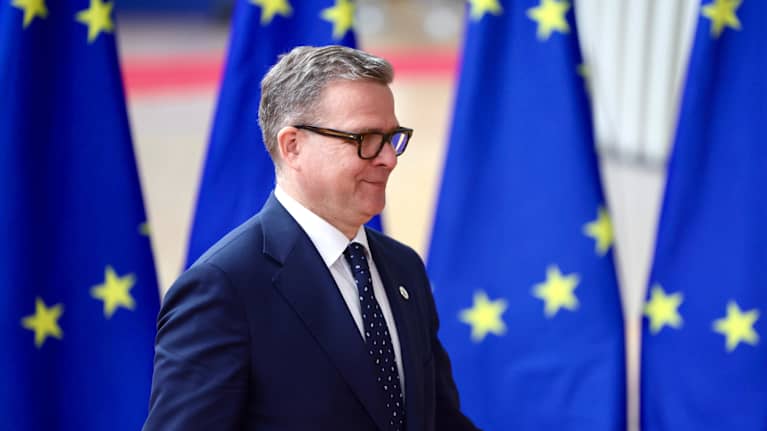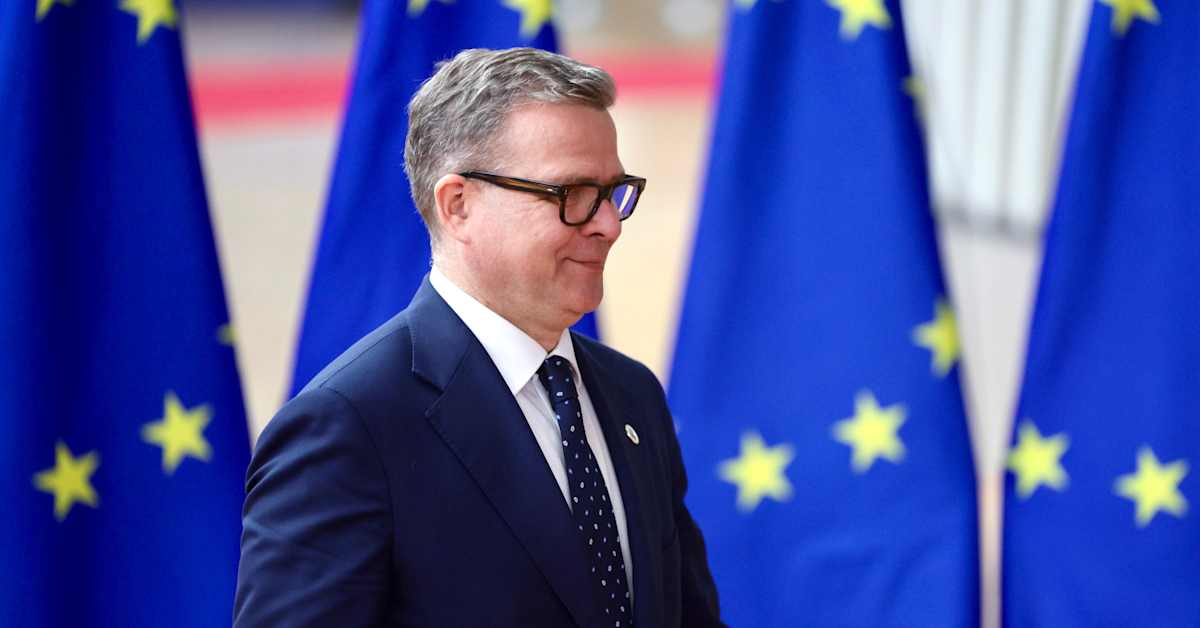EU leaders meeting in Brussels are to agree on new sanctions against Moscow, but Hungarian PM Viktor Orbán and Slovakian PM Robert Fico say they won’t support the latest package.

Open image viewer
Prime Minister Petteri Orpo (NCP) arrived at the EU leaders’ summit in Brussels on Thursday morning. Image: EPA
The EU must include Hungary and Slovakia in sanctions against Russia, Prime Minister Petteri Orpo (NCP) said as he arrived at the EU leaders’ summit in Brussels on Thursday morning, the Reuters news agency reports.
The two-day summit is expected to reach an agreement on new sanctions against Russia. However, Slovakia’s left-wing premier, Robert Fico, has said that his country will not support the latest sanctions package. Hungary, led by right-wing Prime Minister Viktor Orbán, has also opposed the package.
According to a Finnish government statement, the meeting will focus on support for Ukraine, growing tensions in the Middle East, European defence and security, as well as strengthening the EU’s competitiveness.
It immediately follows the Nato summit that wrapped up in The Hague on Wednesday. According to Orpo, the EU and Nato are “aligned in their objectives with regard to increasing defence expenditure”.
“The EU made decisions to strengthen defence back in spring. We must now see to it that these decisions are implemented. Europe has to build a strong, independent defence capability. The threat from Russia will not go away, even after its war of aggression in Ukraine is over,” said Orpo.
“Strong ground troops” needed on EU’s eastern border
“We must especially invest in the areas where Europe can be defended most effectively, that is, at the EU’s eastern border. The events in Ukraine have shown that there is still a need for strong ground troops,” he added. Finland has the EU’s longest border with Russia, followed by the three Baltic states and Poland.
EU leaders will also discuss the progress of Ukraine’s EU membership negotiations.
“We have to ensure that Ukraine is supported in all possible ways, both now and in the future. In practice, this means moving forward with [EU] accession talks, for example,” said the PM.
Discussions will also address preparedness, hybrid activities and internal security, especially with respect to organised crime. Other topics will include the EU’s relations with the rest of the world, migration, the Western Balkans, Moldova and other key external relations issues, according to the Finnish government handout.
